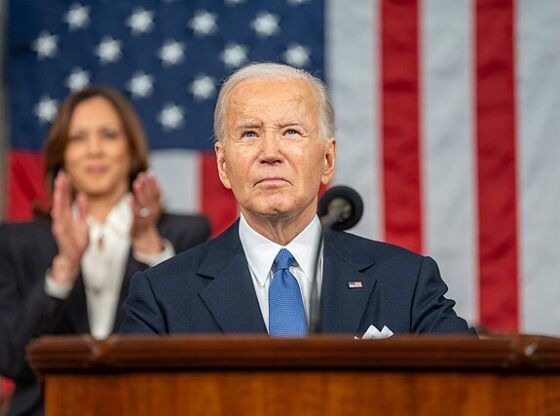On Thursday, Oct. 24, DU’s Center for Middle East studies hosted Columbia University professor and writer Rashid Khalidi to discuss the current Israel and Palestine conflict, as well as to promote his most recent book, “Brokers of Deceit: How the U.S. Has Undermined Peace in the Middle East.”
Khalidi spoke to DU faculty and students about his belief that the U.S. has been unsuccessful in resolving the Israel-Palestine situation, and that America has acted in a manner detrimental to peace talks.
He further stated that rather than be an “honest broker” in negotiating peace between the two forces, America has only served as “Israel’s lawyer.”
“These talks [between the United States, Israel, and the Palestine Liberation Organization (PLO)] are taking place amidst very low expectations of success on all sides,” said Khalidi. “I have not read one optimistic article about them yet.”
Khalidi sees the United States as an ineffective mediator in the conflict due to repeated claims of working with both sides starting with “letters of assurances” that former Secretary of State James Baker sent to Palestinian officials during peace talks in Madrid in 1991 designed to establish U.S. neutrality between Palestinians and Israel in negotiations.
In the letter given to Palestinians, Baker promises that the U.S. would seek to prevent expansion actions from Israel.
“I would argue that Secretary Baker’s letters reiterated that the United States for decades has thoroughly behaved in a one-sided way,” said Khalidi, “In consequence far from resolving the conflict, American policy has exasperated it and has prolonged it.”
In addition, Khalidi says that the two sides are not equal; the dispute is highly asymmetrical in Israel’s favor, backed by the United States.
Furthermore, Khalidi argues that because of U.S. support of Israel, the difference between the two conflicting powers have suppressed Palestinian living.
“There is no sovereign entity between the river and the sea besides the state of Israel,” said Khalidi, “The only power that control entry or exit [into the West Bank] is Israel. The Palestinian refugees who live there have never enjoyed self-determination.”
In his closing remarks, Khalidi expressed his concern for U.S. policy on Palestinians should Arabic nations in the region transition to democracy. He believes that the U.S. will have made a poor choice aligning with Israel should this occur.










